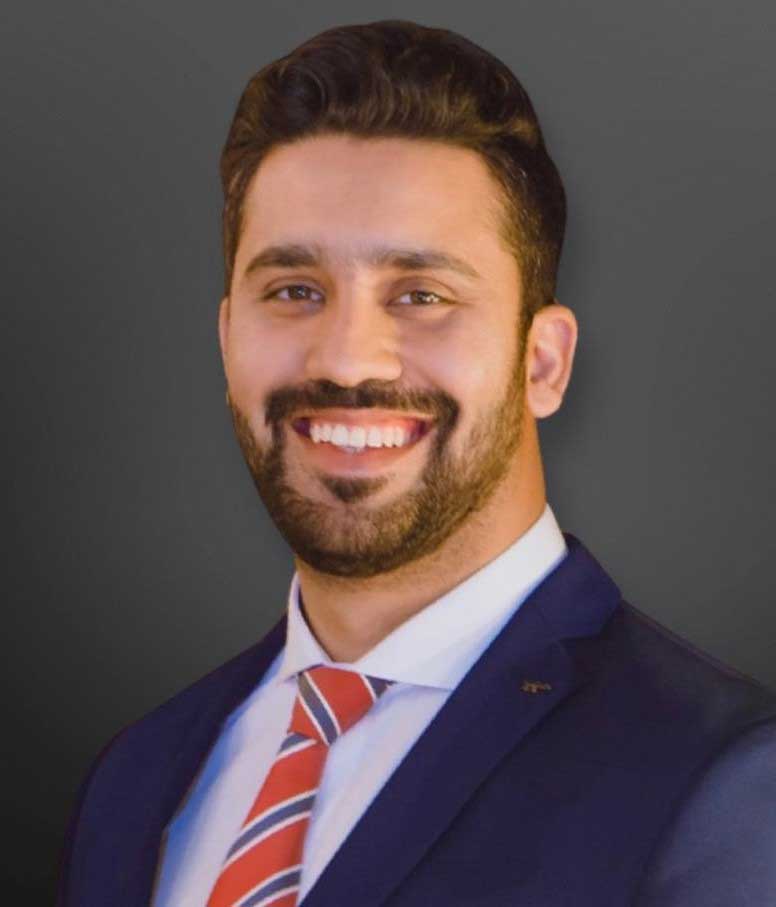Ovais Yazdani stresses need for re-imagining education in Pakistan

Developed countries view education as multi-faceted and rapidly
advancing field. Where do we stand? says a Senior Educationist
Muhammad Umar Waqqas
KARACHI: Ovais Yazdani is a senior Educationist and social change-maker based in Karachi. He believes that there is a drastic need for reform, regulation, and re-imagination, where both the private and public education sectors are concerned.
Yazdani says “Traditionally, government-run public schools have been harshly criticized for decades for not playing a satisfactory role in our country’s development due to their poor quality of instruction, infrastructure, and facilities.
As a result, popular opinion dictates that the private education sector is the answer to the public sector’s deficiencies. However, the reality is that certain areas require critical restructuring in the private education sector, akin to the requirements of the public sector.
Most importantly, as a private school owner, what should set us apart from public schools is the absolute autonomy over offering enrichment and extra-curricular programs. While some private schools are striving to include these additional educational offerings, many do not pay attention to cost-effective measures to improve student learning opportunities.”
While Pakistan produces about 445,000 university graduates and 25,000-30,000 computer science graduates every year, they have very limited representation in the global technology space.
When asked about this discrepancy, Yazdani remarks “The young people of Pakistan have incredible potential and they are an important asset of our country. Policymakers must ensure outcome-oriented quality standards across the continuum to enable our youth to compete in the global arena. Globally, STEM subjects are hailed to be at the center of the Future of Work. Similarly, a focus on STEM learning in Pakistan can change the existing Education landscape. A single-city school network like ours has been able to create countless opportunities for students.
For instance, participating in STEM competitions organized by NASA or providing Artificial Intelligence (AI) Bootcamp for our elementary school students to compete in global STEM activities provided an impetus for young children to pursue STEM careers. These early endeavors can contribute to producing world-class professionals in STEM fields.”
He further added “While we must diminish the rampant commodification of Education in the private sector, there must be an equally strong emphasis on ensuring learning outcomes. The government has only recently focused on the regulation of fees in the private sector without appropriately addressing student’s learning and future success standards.
Moreover, unlike other occupations such as medical or legal practitioners, teachers do not require license and certification to practice in the private sector and as a result, not only is the teaching quality tremendously hampered, but it also contributes to a high turnover. Many private institutions take advantage of this lack of regulation to focus on increasing profitability, at the expense of the quality of their academic and extra-curricular offerings. However, there exists an alternate path.
By transforming our organization into a social enterprise, we have been able to maximize our social impact while maintaining profitability. Additionally, by prioritizing the greater good and personal development of our students, we have introduced modules on moral citizenship, robotics, horticulture, and mental health.”
Ovais Yazdani stresses over the immediate need for re-imagining our Education system and says that “Both the public and private sectors need a Charter of Education to ensure quality standards by adopting best practices and taking an outcome-centric approach towards education in Pakistan. We should aspire towards an education system that is accessible and egalitarian, without compromising on quality standards.”
Ovais Yazdani has over 12 years of experience in the Education field and social sector, from public policy work with organizations including GIZ, the World Bank, and the IGC (LSE and Oxford University’s economic research center) to operating a network of schools in Karachi that follows a social entrepreneurship model for widening access to Education for all. He is a graduate of the Lahore University of Management Sciences (LUMS) and the University of Edinburgh.






